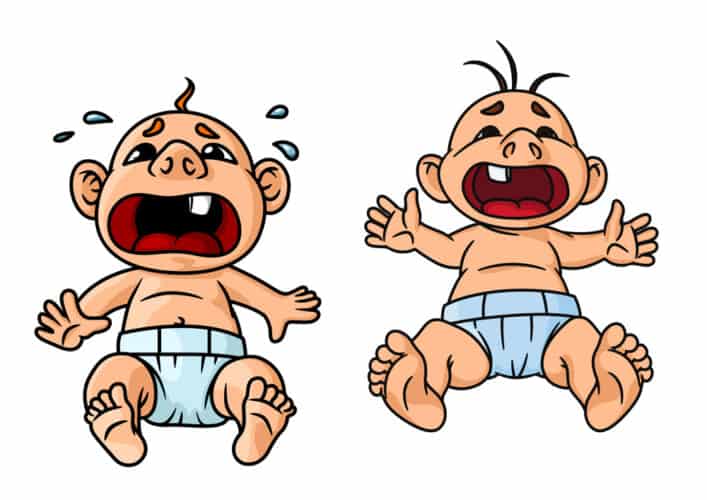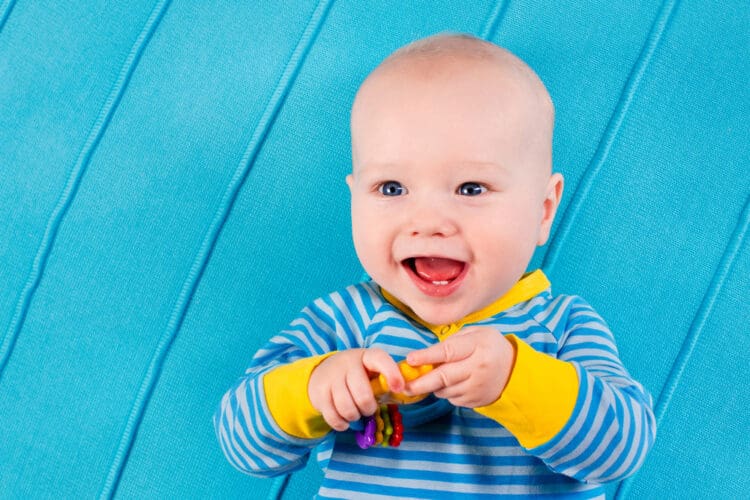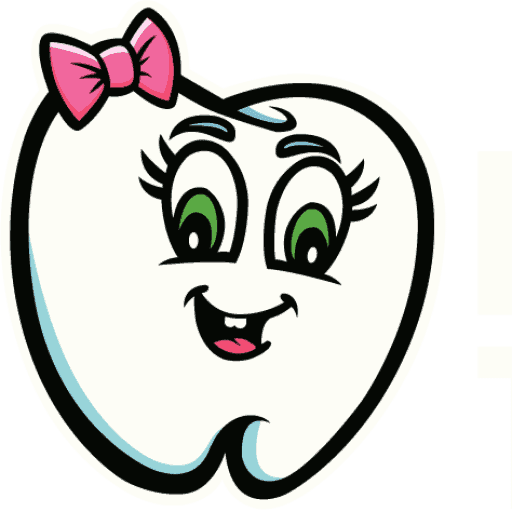
At What Age Do Babies Typically Stop Teething?Complete Guide to Primary Tooth Eruption
The age at which babies stop teething depends on the child. Some babies start teething as early as a few months old, while others don't start until they start eating solid food. Most children stop teething by 3 years old, but some children don't stop until they're 4 years old or 5 years old.

How Long Do Babies Usually Start Teething?
Teething is a normal part of a baby's development and is an essential milestone for parents to keep track of. It can be an exciting time for parents to watch their baby grow and reach new milestones, but it can also be nerve-wracking for them to figure out when their baby will begin to show signs of teething. In this blog post, we'll dive into the timeline of teething and discuss the factors that can influence how long it takes for a baby to start teething. We'll also share tips on how parents can help their baby through this process and ease any discomfort caused by teething. From when a baby's first tooth appears to when they have all of their teeth, this blog post will provide parents with the information they need to get through the teething process as smoothly as possible.

6 Best Teething Gels for Babies in 2026 – Complete Guide
For a parent, the teething process for a baby can be daunting. It hurts ... Read more

6 Natural Baby Teething Remedies That Work
By the time your baby is 3 months old, they could start the process ... Read more
Gummee Glove Teething Mitten Review
Gummee Glove Review 2025: The Teething Mitten That Saved Our Sanity Gummee Glove: The ... Read more
Baby Sleep Regressions vs. Teething: How to Tell the Difference (5 Clear Signs)
The Quick Answer: Here’s How to Tell the Difference Teething causes SHORT sleep disruptions (24-72 ... Read more
Frida Baby Medicine Pacifier Syringe Review 2026: The Ultimate Parent’s Guide to Stress-Free Medicine Time
Quick Verdict – Is the Frida Baby MediFrida Worth It? 9.4/10 EXCELLENT (21,278 reviews) ... Read more
Debunking Myths: Understanding The Relationship Between Fever And Teething
Is your baby running a fever while teething? You’re not alone. Many parents worry ... Read more
Teething While Breastfeeding at Night: What Helps (and What to Avoid)
Your teething baby doesn’t have to make nighttime nursing a nightmare. Learn why babies bite during feeds, how to stop it gently, and practical strategies to survive teething nights while protecting your breastfeeding relationship—all backed by pediatric research and real parent experiences.
Best Teething Solutions for Breastfed Babies
Teething can be a challenging time for both breastfed babies and their mothers. Breastfeeding ... Read more
Teething Woes: Managing Excessive Drooling in Infants
Seeing your baby drool excessively can be worrisome for any mother. This is often ... Read more
Understanding Teething Symptoms in Breastfed Babies
Teething in breastfed babies can turn happy feeding times into challenging moments. Teething symptoms ... Read more
Teething Woes: Managing Excessive Drooling in Infants
Excessive drooling in infants, often linked to teething, can be managed effectively with the right strategies. It typically begins around six months of age when new teeth erupt, leading to increased saliva production. While drooling aids in oral health and digestion, it can sometimes be excessive due to teething, birth injuries, or conditions like cerebral palsy and autism. To manage this, use absorbent bibs, provide safe teething toys, maintain good skincare, and ensure proper hydration. However, it's important to remember that if other symptoms accompany drooling, it's crucial to consult a pediatrician. This will ensure the best care for your infant and give you peace of mind.
Helping your Teething Baby: Understanding and Managing the Symptoms of Excessive Drooling
Watching your baby suffer through teething pain can be a heart-wrenching experience. Teething triggers ... Read more
Receive the latest articles in your inbox
[insert e-mail subscription form]
